
CCS1 v/s CCS2: Difference Between the CCS Ports
CCS1 and CCS2 differ in design and speed, impacting EV charging. India’s ISI7017 standard blends AC and DC for EVs, promoting interoperability.

CCS1 and CCS2 differ in design and speed, impacting EV charging. India’s ISI7017 standard blends AC and DC for EVs, promoting interoperability.

The On-Board Charger (OBC) converts AC to DC, enabling convenient EV charging from home outlets. Essential for efficient and reliable electric vehicle performance.

EarthronEV offers diverse EV chargers for seamless highway connectivity. Despite 24/7 accessibility, maintenance and security concerns persist.
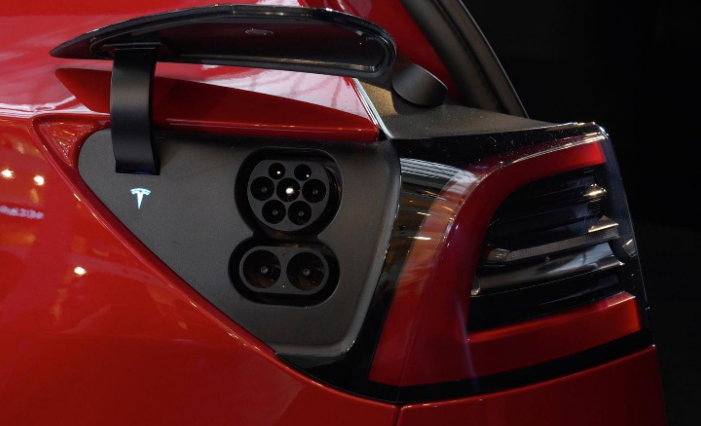
CCS2, a versatile EV charging connector, integrates AC and DC systems for rapid charging. Common in Europe and India, it offers 50kW to 350kW power ratings.
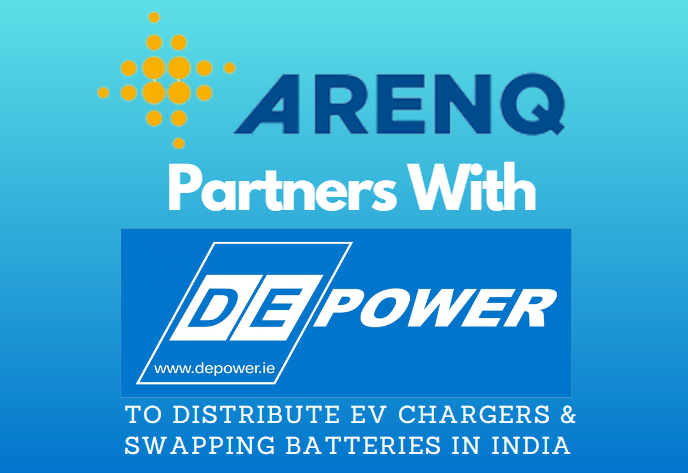
Arenq, a battery storage manufacturer, has partnered with DE Power to distribute EV chargers and swapping stations in India.
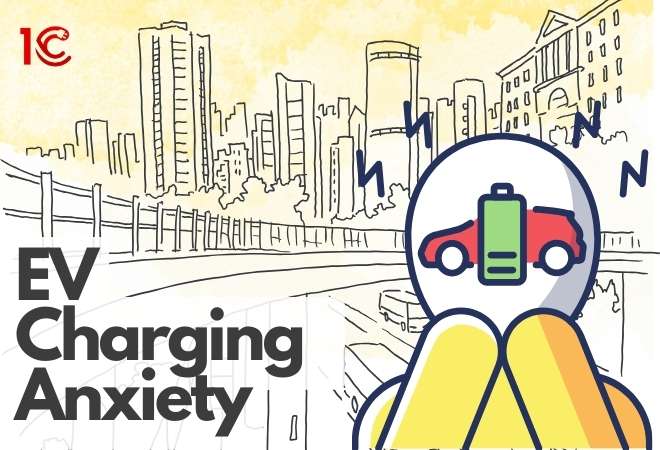
EV Charging Anxiety arises from uncertainties in charging infrastructure. Overcome with practical steps and India’s initiatives for a robust EV charging network.
5 Tips that maximise your EV battery’s lifespan with tips like optimal charging, temperature control, and mindful driving practices.

Cold weather hampers EVs, slowing charging, reducing range, and impacting efficiency. Protect your electric car with proactive measures in winter.
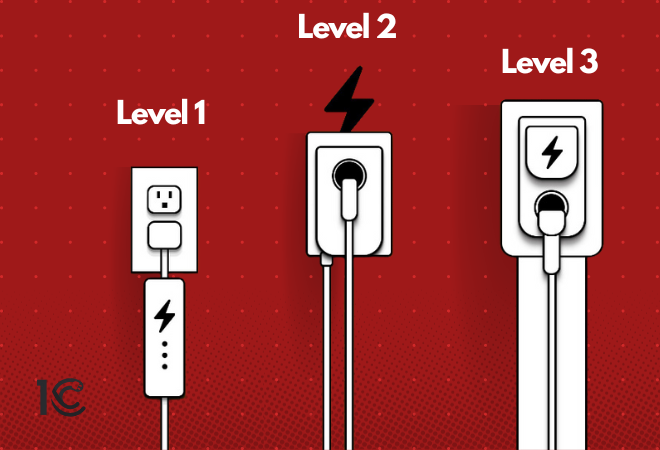
EV charging offers varied options: Level 1 for simplicity, Level 2 for moderate speed, and Level 3 (DC fast charging) for quick top-ups at public stations.
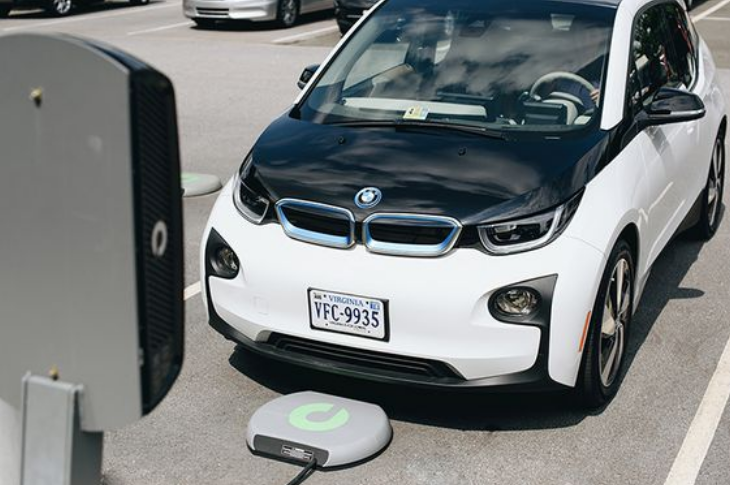
Wireless EV charging transforms how electric vehicles charge by enabling them to charge without physical connections. Using methods like magnetic induction or resonance, this technology
Managed and owned by Massive Mobility Pvt. Ltd.,
Plot No. 2, Spring House Coworking, third floor, Sector-43, Gurugram, Haryana – 122002.
© 2024 Massive Mobility Private Limited. All rights Reserved